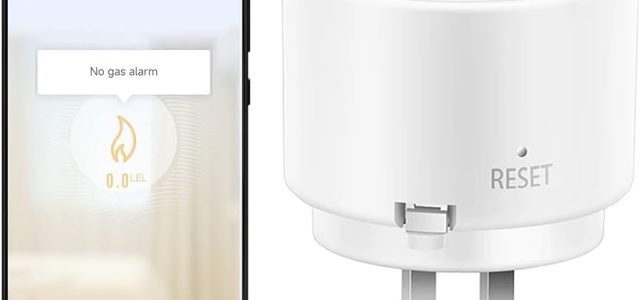Propane is a highly flammable gas that is commonly used for heating, cooking, and fueling vehicles. It is essential to understand the flammable nature of propane to ensure safe handling and usage. In this article, we will explore the flammability of propane and the precautions necessary to use it safely.
What is Propane?
Propane, also known as liquefied petroleum gas (LPG), is a colorless and odorless gas. It is derived from natural gas processing and petroleum refining. Propane is stored under pressure in tanks or cylinders and can be easily transported and used as a fuel source.
Flammability of Propane
Propane is highly flammable and can catch fire or explode if exposed to an ignition source. Its flammability comes from its unique properties as a gas. Propane has a narrow range of flammability, meaning it will ignite when mixed with air within specific concentration limits.
Propane has a lower flammability limit (LFL), also known as the lower explosive limit (LEL), and an upper flammability limit (UFL), also known as the upper explosive limit (UEL). The LFL refers to the minimum concentration of propane vapor in the air required for combustion, while the UFL is the maximum concentration above which the mixture becomes too rich to ignite.

Credit: www.gexcon.com
Flammable Range of Propane
The flammable range of propane is between 2.1% and 9.6% volume in air. This means that if the propane concentration in the air is below 2.1%, it is too lean to ignite, and if it exceeds 9.6%, it is too rich to ignite. Within this range, propane is highly flammable and can ignite easily when exposed to an ignition source such as sparks, flames, or hot surfaces.

Credit: www.amazon.com
Precautions for Safe Propane Usage
Given the flammability of propane, it is crucial to follow safety guidelines when handling and using the gas. Here are some precautions to ensure safe propane usage:
- Store Propane Safely: Propane should always be stored in well-ventilated areas away from sources of ignition, such as open flames, electrical outlets, or heat sources.
- Check for Leaks: Before using propane, check for any leaks by applying a soap and water solution to the connections. If bubbles form, there is a leak, and the system should be repaired before using the propane.
- Use Approved Equipment: Only use equipment and appliances that are approved for propane use. This includes propane tanks, cylinders, regulators, and hoses specifically designed for propane.
- Handle with Care: When transporting propane tanks or cylinders, ensure they are secured and upright to prevent tipping or damage. Avoid dropping or mishandling propane containers.
- Keep Ventilation: Always use propane in well-ventilated areas to prevent the build-up of gas. Never use propane indoors or in confined spaces without proper ventilation.
- Extinguish Open Flames: Before connecting or disconnecting propane equipment, ensure any open flames or sources of ignition are extinguished to prevent sparks that could ignite the propane.
Frequently Asked Questions On Discover The Explosive Potential: How Flammable Is Propane?
How Flammable Is Propane Gas?
Propane gas is highly flammable, making it important to handle and store it with caution to avoid accidents.
Can Propane Explode If Exposed To Fire?
Yes, propane can explode if exposed to fire due to its flammable nature. It is crucial to follow proper safety protocols.
What Are The Risks Of Propane Combustion?
Propane combustion can release carbon monoxide and other toxic gases, posing serious health risks. Proper ventilation is essential.
How Can I Safely Store Propane Tanks?
Ensure propane tanks are stored upright, in a well-ventilated area, away from heat sources and flammable materials to prevent leaks or accidents.
Conclusion
Propane is a highly flammable gas with a specific range of flammability. Understanding the flammability of propane is crucial to ensure safe handling and usage. By following the necessary precautions and guidelines, propane can be used safely and effectively for various purposes.

